
OR
More than 3,000 health workers die from coronavirus worldwide: Amnesty International
Published On: July 13, 2020 08:00 PM NPT By: Republica | @RepublicaNepal
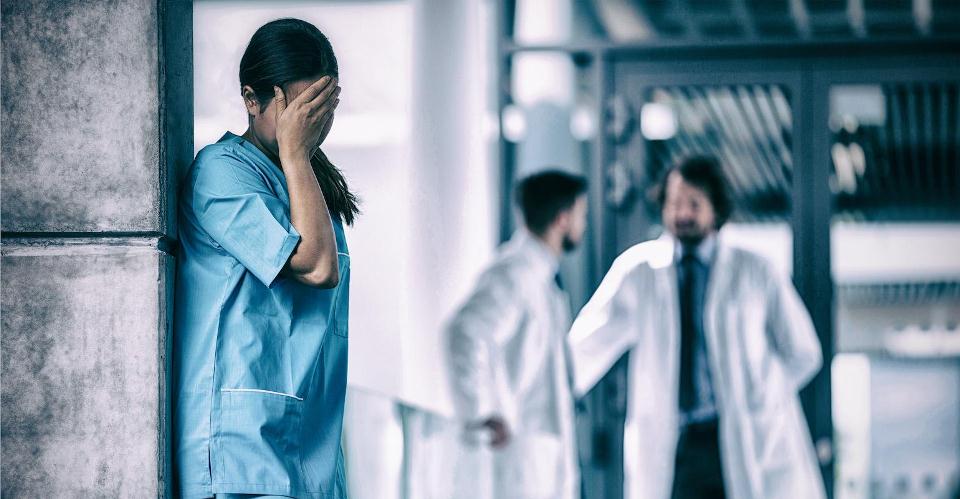
KATHMANDU, July 13: More than 3,000 health workers have died from coronavirus around the world, the Amnesty International said on Monday.
In its new global report, the international human rights organization stated that the countries with the highest numbers of health worker deaths thus far include the USA (507), Russia (545), UK (540, including 262 social care workers), Brazil (351), Mexico (248), Italy (188), Egypt (111), Iran (91), Ecuador (82) and Spain (63).
"The overall figure is likely to be a significant underestimate due to under-reporting, while accurate comparisons across countries are difficult due to differences in counting. For example, France has collected data from just some of its hospitals and health centers, while figures of deceased health workers provided by health associations in Egypt and Russia have been contested by their governments," read the report.
In its report, the organization said that governments around the world must be held accountable for the deaths of health and essential workers who they have failed to protect from COVID-19.
Alarmingly, the Amnesty International documented cases where health workers who raise safety concerns in the context of the COVID-19 response have faced retaliation, ranging from arrest and detention to threats and dismissal, the organization stated.
“With the COVID-19 pandemic still accelerating around the world, we are urging governments to start taking health and essential workers’ lives seriously. Countries yet to see the worst of the pandemic must not repeat the mistakes of governments whose failure to protect workers’ rights has had devastating consequences,” said Sanhita Ambast, Amnesty International’s Researcher and Advisor on Economic, Social and Cultural Rights.
“It is especially disturbing to see that some governments are punishing workers who voice their concerns about working conditions that may threaten their lives. Health workers on the frontline are the first to know if government policy is not working, and authorities who silence them cannot seriously claim to be prioritizing public health.”
Although there is currently no systematic global tracking of how many health and essential workers have died after contracting COVID-19, the Amnesty International collated and analyzed a wide range of available data that shows that over 3000 health workers are known to have died after contracting COVID-19 in 79 countries around the world.
Health workers reported serious shortages of personal protective equipment (PPE) in nearly all of the 63 countries and territories surveyed by Amnesty International, the human rights organization said.
"This includes countries which may yet see the worst of the pandemic, such as India and Brazil and several countries across Africa. A doctor working in Mexico City told Amnesty International that doctors were spending about 12% of their monthly salaries buying their own PPE," read the report.
In addition to a global shortage of supply, trade restrictions may have aggravated this problem. In June 2020, 56 countries and two trade blocs (the European Union and the Eurasian Economic Union) had put in place measures to either ban or restrict the export of some, or all, forms of PPE or its components.
“While states must ensure there is sufficient PPE for workers within their territories, trade restrictions risk exacerbating shortages in countries that are dependent on imports,” said Sanhita Ambast.
“The COVID-19 pandemic is a global problem that requires global cooperation.”
In at least 31 of the countries surveyed by Amnesty International, researchers recorded reports of strikes, threatened strikes, or protests, by health and essential workers as a result of unsafe working conditions. In many countries, such actions were met with reprisals from authorities, the report said.
"In Egypt, for example, Amnesty documented the cases of nine health care workers who were arbitrarily detained between March and June on vague and overly broad charges of "spreading false news" and "terrorism". All those detained had expressed safety concerns or criticized the government’s handling of the pandemic," read the report.
In its report, the Amnesty quoted an Egyptian doctor as saying that doctors who speak out are subjected to threats, interrogations by the National Security Agency (NSA), administrative questioning, and penalties. He said: “Many [doctors] are preferring to pay for their own personal equipment to avoid this exhausting back and forth. [The authorities] are forcing doctors to choose between death and jail.”
In some cases, strike action and protests have been met with heavy-handed responses.
In Malaysia for example, police dispersed a peaceful picket against a hospital cleaning services company, read the report.
According to the report, the picketers’ complaints centred around what they said was the unfair treatment of union members by the company as well as a lack of sufficient protection for hospital cleaners. Police arrested, detained and charged five health care workers for “unauthorized gathering” in violation of their rights to freedom of association and assembly.
There have also been reports in several countries of health and essential workers being fired or facing disciplinary action for speaking out about their concerns.
"In the USA for example, certified nursing assistant Tainika Somerville was fired after posting a video on Facebook where she read out a petition calling for more PPE. Tainika says staff at the nursing home in Illinois where she works were not informed that they were working with COVID-19 patients and found out through the media. The nursing home had reported 34 infections and 15 COVID-19 related deaths as of May 29," read the report.
In Russia, Amnesty International highlighted the cases of two doctors, Yulia Volkova and Tatyana Reva, who are facing retaliation after complaining about a lack of PPE. Yulia Volkova has been charged under Russia’s fake news laws and faces a fine of up to RUB 100,000 (USD 1,443), while Tatyana Reva is facing disciplinary proceedings that may result in her dismissal.
In addition to unsafe working conditions, Amnesty International documented how some health and essential workers are being unfairly paid or in some cases not paid at all.
In South Sudan for example, doctors on the government’s payroll have not received their salaries since February and do not receive welfare packages or medical cover. In Guatemala, at least 46 facilities staff were not paid for the two-and-a-half months they spent working at a COVID-19 hospital.
In some countries, there are no additional benefits for health and essential workers in the context of the COVID-19 pandemic, and in other countries benefits exclude certain categories of workers.
Amnesty International is calling on states to consider COVID-19 an occupational illness.
As part of this they must ensure that health and essential workers have access to compensation and other support in case they contract the infection. They must also be included in priority groups for COVID-19 testing.
Amnesty International documented several cases where health and essential workers experienced stigma and violence because of their jobs. For example, a nurse in Mexico was reportedly drenched with chlorine while walking on the street, and in the Philippines, attackers poured bleach in the face of a hospital utility worker.
The Amnesty International also called on all states affected by COVID-19 to carry out independent public reviews into their preparedness for and responses to the pandemic, with a view to better protecting human rights and lives in the event of a future mass disease outbreak.
"This should include a review into whether the rights of health and essential workers - including the right to just and favourable conditions of work, and the right to freedom of expression – were adequately protected," read the report.
States must ensure adequate compensation for all health and essential workers who have contracted COVID-19 as a result of work-related activities, the human rights organization said.
"They must also investigate cases where workers have faced reprisals for raising health and safety concerns, and provide effective remedy to those who have been unjustly treated including by reinstating workers who have lost their jobs for speaking out," the report added.
You May Like This
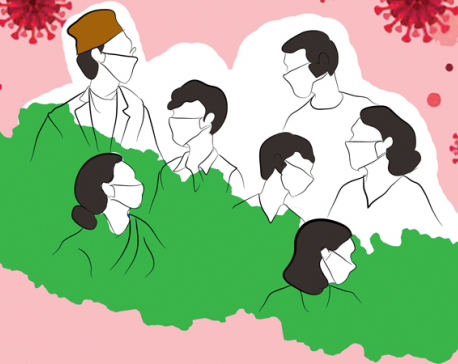
Number of people dying of coronavirus in Nepal rises to eight
KATHMANDU, May 31: Nepal's COVID-19 death toll climbed to eight on Sunday. ... Read More...

Law Asia conference postponed owing to coronavirus threat
KATHMANDU, May 3: A Law Asia Conference scheduled to be held in Kathmandu has been postponed for the second time due... Read More...

Taskforce formed to create entrepreneurship environment within country itself
KATHMANDU, April 20: The government has started preparing for engaging the youths losing employment due to the coronavirus pandemic in... Read More...
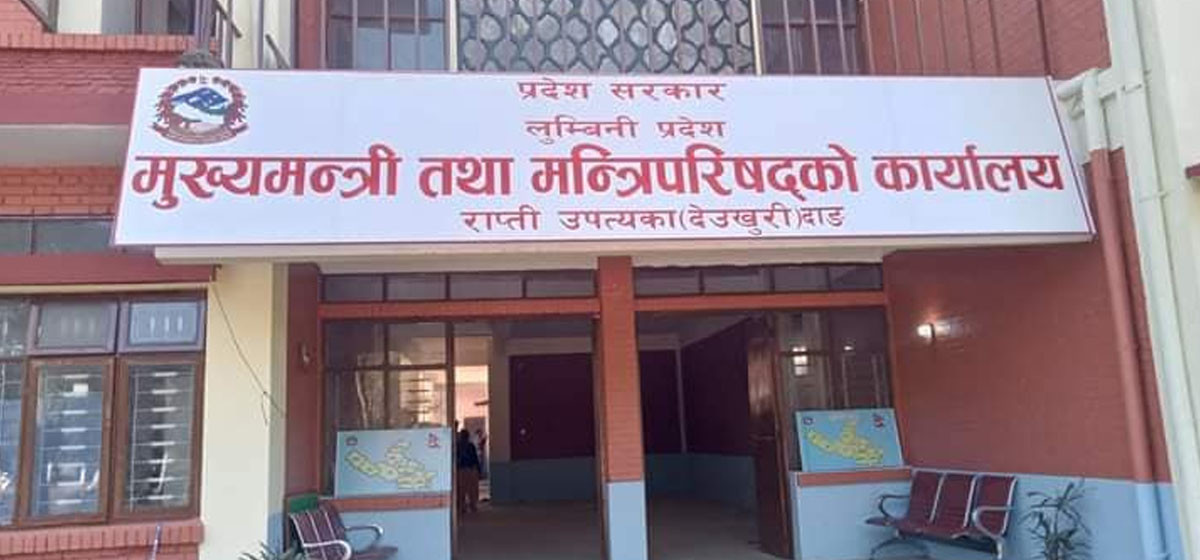
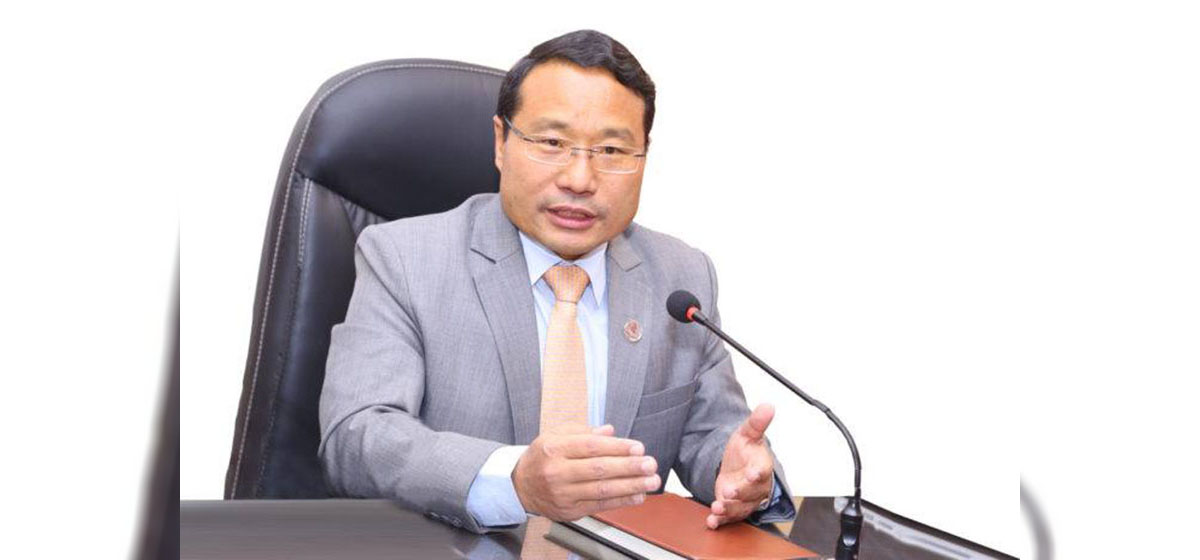
Just In
- CM Mahara expands Cabinet in Lumbini Province
- FinMin Pun addresses V-20 meeting: ‘Nepal plays a minimal role in climate change, so it should get compensation’
- Nepalis living illegally in Kuwait can return home by June 17 without facing penalties
- 'Trishuli Villa' operationalized with Rs 100 million investment
- Unified Socialist rejoins Lumbini Province govt following ministry allocation
- Police release ANFA Vice President Lama after SC order
- 16 hydroelectric projects being developed in Tamor River
- Cosmic Electrical completes 220 kV transmission line project













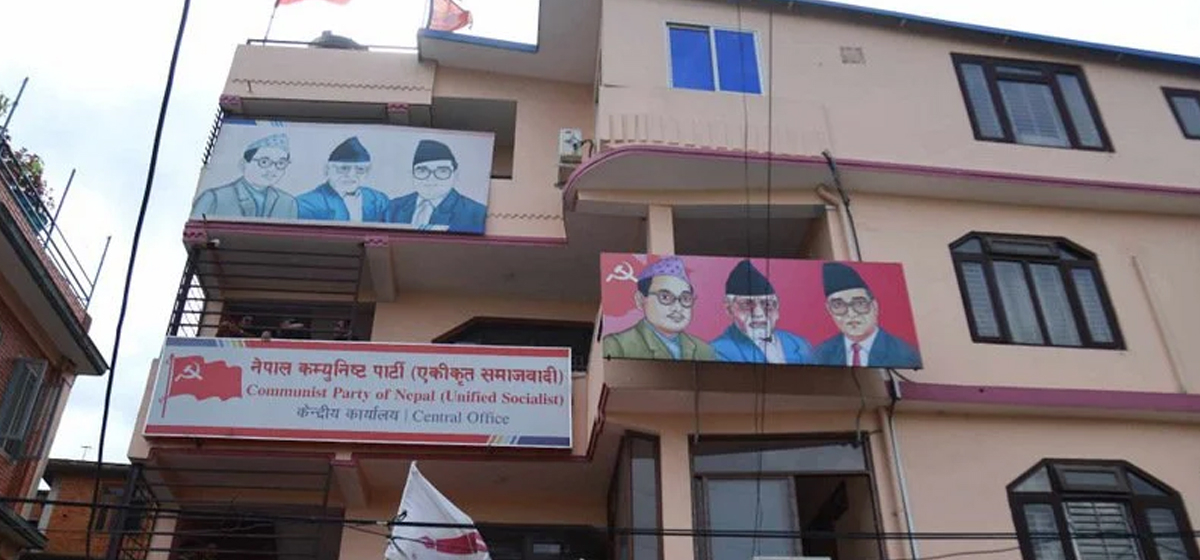



Leave A Comment